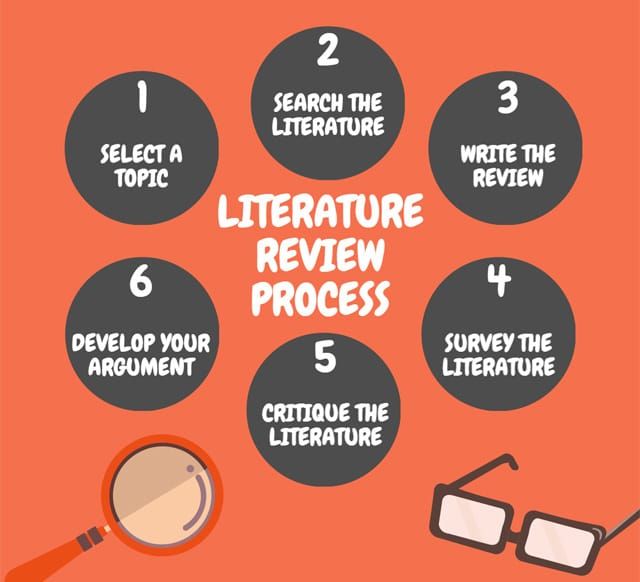
Scopus indexed journal article writing & publication | Thesis Writing | Deep Learning | Machine Learning | Artificial Intelligence | Embedded & IoT | Python | DotNet | Java | MATLAB SIMULINK | VLSI | Mechanical | Civil | Internship & Projects

DAGSLORE's MPhil / PhD Literature Survey Writing & Publishing - Services
DAGSLORE Technology Solutions is published many technical solutions in various International Journals through Peer reviewed workforce. DAGSLORE publishes the survery articles for every month in different volumes and different issues in high impact journals.
Literature Review Writing
• A literature review is not an annotated bibliography in which you summarize briefly each article that you have reviewed.
• While a summary of what you have read is contained within the literature review, it goes well beyond merely summarizing professional literature.
• It focuses on a specific topic of interest to you and includes a critical analysis of the relationship among different works, and relating this research to your work.
• It may be written as a stand-alone paper or to provide a theoretical framework and rationale for a research study (such as a thesis or dissertation).
At Research Assistance, DAGSLORE undertake the following process while mentoring MPhil / PhD. Dissertation Literature Review: In general
• Compare the different author's views on the issues
• Select and write about the group of authors who draws similar conclusions by organizing ideas and eliminate the irrelevant information
• Planning in terms of disciplinary field, literature review methodology (qualitative, quantitative, theory, methodology)
• Scope of the review
• Who is the author, main purpose, his/her theoretical perspective, research methodology (intended audience)?
• Highlight the different areas of authors’ disagreement
• Highlights research gaps and exemplary studies
• Showcase how your study relates to previous studies
• Showcase how your studies relate to the literature
• Conclusion, summarizing what the literature says
In Specific
• To understand the theoretical and conceptual concepts
• To identify independent and dependent variables
• To have insights over measurement and operational definitions
• To plan sampling strategy
• To understand the statistical technique for data collection and interpretation
• To get knowledge of findings and conclusions of similar studies previously conducted
• To get the indication of research
• To avoid replication of the study
• To identify the research problem, etc.




